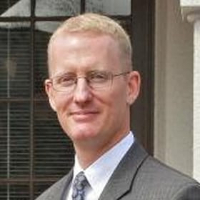Occidental Felony Lawyer, California
Sponsored Law Firm
-
 x
x

Click For More Info:
-
Heather Wise Attorney at Law
700 College Ave Suite 1 Santa Rosa, CA 95404» view mapCriminal Defense Effective, Compassionate, & Tenacious
Ms. Wise is committed to supporting the safety and rights of our entire community. She is intent on providing compassionate and effective representation.
800-920-7321
Not enough matches for Occidental Felony lawyer.
Below are all Occidental Criminal lawyers.
Roy E. Miller
✓ VERIFIEDCriminal, Wrongful Death, Personal Injury, Car Accident, Animal Bite
Roy E. Miller was raised in San Diego, California and attended the University of Arizona graduating in 1989 with a degree in Political Science. He is ... (more)
FREE CONSULTATION
CONTACTDeborah Lynn Medved
Education, Federal Appellate Practice, Family Law, Criminal
Status: In Good Standing Licensed: 24 Years
Donald Lawrence Lipmanson
Other, Federal Appellate Practice, Environmental Law, Criminal
Status: In Good Standing Licensed: 29 Years
 Heather Wise Santa Rosa, CA
Heather Wise Santa Rosa, CA Practice AreasExpertise
Practice AreasExpertise

